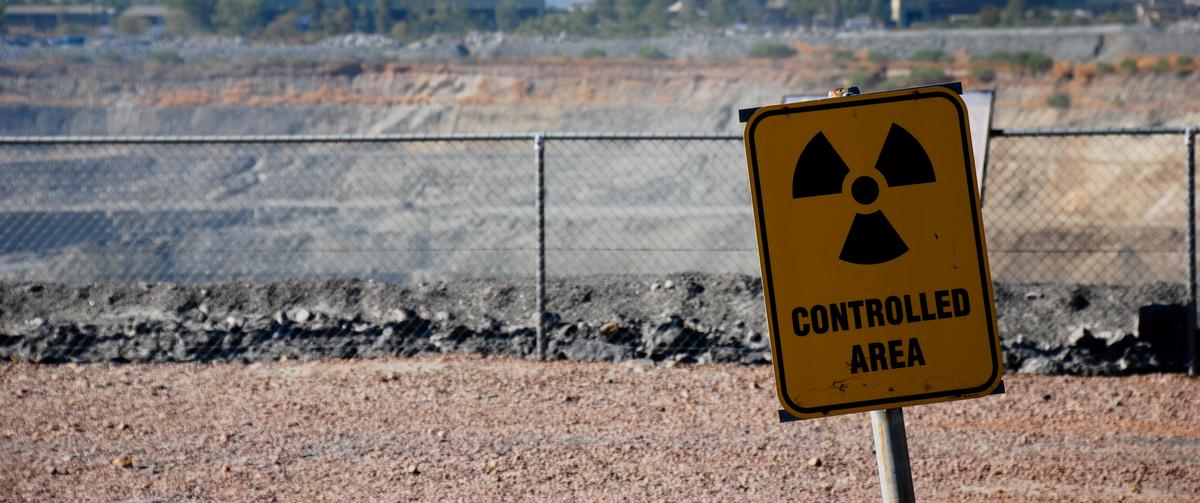see all jobs
WWF calls Africa mining plans for World Heritage sites 'short sighted'
The World Wildlife Foundation (WWF) has responded to reports that African nations may argue for African countries to extract oil, gas and minerals from beneath natural World Heritage sites, calling the approach “short-sighted” and a risk for “the long-term value of some of the planet’s most ecologically-rich places”.
Noting locations including the Democratic Republic of the Congo’s Virunga National Park, Botswana’s Okavango Delta, Zimbabwe’s Mana Pools and Tanzania’s Selous Game Reserve, Frederick Kwame Kumah, director of the WWF’s Regional Office for Africa, said that more than 60 per cent of Africa’s natural World Heritage sites are threatened by concessions or activity by oil, gas and mining.
“When faced with the imperative of alleviating poverty through economic development, it is understandable that our leaders may feel a strong urge to exploit Africa’s resources, even if they are to be found underneath World Heritage sites or other protected areas,” he said. “But a narrow focus on hydrocarbon and mineral resources overlooks other, more sustainable options for achieving human and economic development in some of the continent’s poorest countries.
“Once pristine places are damaged and changed, sometime irreversibly. And that’s to say nothing of the environmental risks that extractives industries pose to sensitive ecosystems, such as oil spills, toxic tailings from mining, pollution and contamination of water.”
Kumah added that with limited capacity and expertise to limit or respond to such risks, governments must consider if the benefits match the cost for the loss of natural heritage, for “short-term unsustainable gain.”
“For the benefit of governments, but also potential businesses and investors, more work needs to be done to define which economic activities are compatible with protected area status,” added Kumah. “We must try to discover which can be sustainably pursued with minimal degradation of natural value, and in a way that delivers long-term benefits for people and nature.
“Africans are proud of our heritage, and I believe we would rather see it protected and managed sustainably rather than looking to make special exceptions to international rules.”
The issue was raised earlier this year, when leading heritage expert, Pascall Taruvinga, suggested a socio-economic approach needs to be taken to maximise sustainability of Africa’s heritage sites.
Speaking on the first-ever African World Heritage Day on 5 May, Taruvinga, chief heritage officer for the Robben Island Museum and World Heritage site in Cape Town, South Africa, asked what were the acceptable socio-economic initiatives that could be implemented without compromising the authenticity and the integrity of a site.
“Socio-economic development often takes place either within or outside the boundaries of places inscribed as world heritage sites, for example, uranium extraction in Tanzania’s Selous Game Reserve,” said Taruvinga.
“World Heritage has not been sufficiently harnessed for contributing to socio-economic development, especially in developing nations. Principles of sustainable development should be applied during this process.”
More News
- News by sector (all)
- All news
- Fitness
- Personal trainer
- Sport
- Spa
- Swimming
- Hospitality
- Entertainment & Gaming
- Commercial Leisure
- Property
- Architecture
- Design
- Tourism
- Travel
- Attractions
- Theme & Water Parks
- Arts & Culture
- Heritage & Museums
- Parks & Countryside
- Sales & Marketing
- Public Sector
- Training
- People
- Executive
- Apprenticeships
- Suppliers
















































